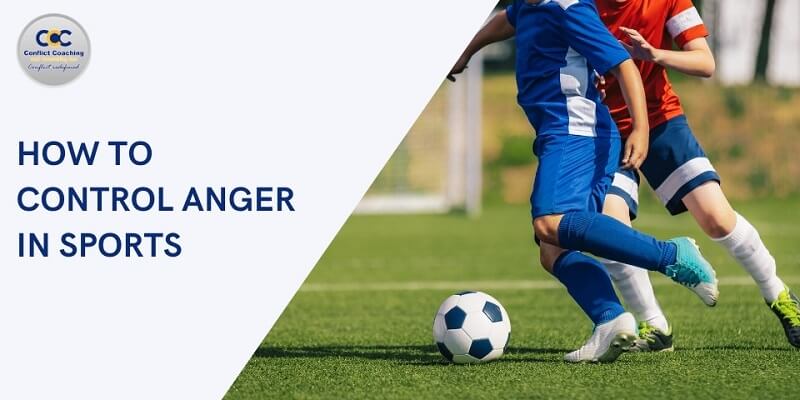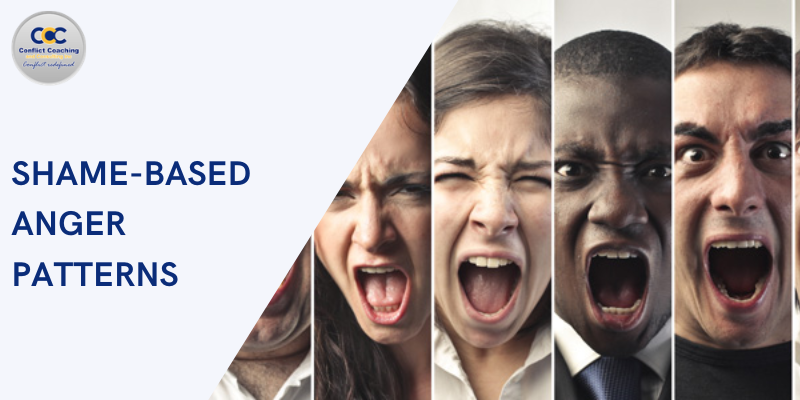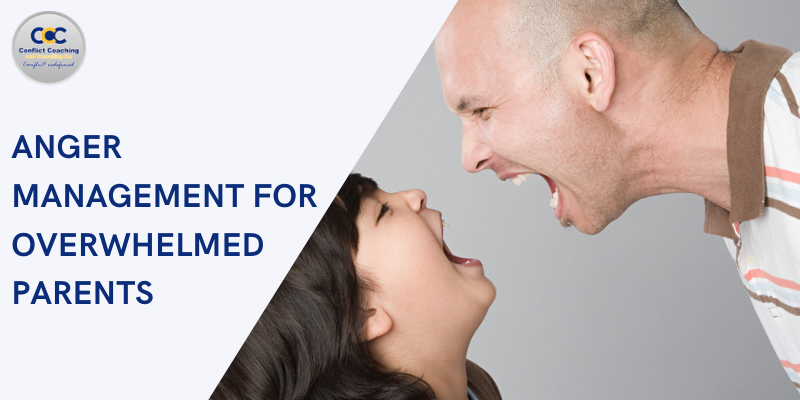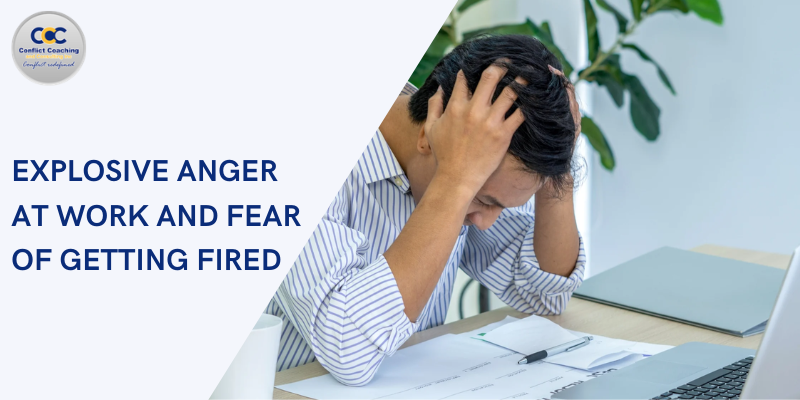
How To Control Anger In Sports? 10 Tips An Athlete Should Follow
Anger is one of the common emotions that athletes experience in sports and it has proven to be both good and bad for the way they perform. If channeled in the right way, anger can be an important driving force and can serve as fuel for athletes in their game.
However, anger in sports can be unhealthy if it is experienced excessively, for unjustified reasons, and is not channeled to help you perform better.

As an athlete, it is important for you to be able to identify whether the anger that you are experiencing is good or bad. Excessive and uncontrollable rage in a game can lead to a lack of concentration, increased heart rate, muscle tension, and negative thoughts. Therefore, it is necessary to learn how to deal with anger during sports.
Does Anger Help in Sports?

Anger in sports can be a useful tool in helping athletes perform better if it is channeled to motivate them. If the anger you experience is inward, i.e. a personal drive that you should do better, then it can be an encouragement to do your best in the game.
One of the ways that the anger you feel can be directed to help you is through positive self-talk. This could involve affirmations such as, “I can do well”, “I made a mistake, but I will make up for it” or “I know I have the potential”.
However, if not dealt with, anger in sports can hinder you from performing well. The excessive rage that you experience can prevent you from thinking clearly and focusing your attention on the game.
Moreover, it can also make you aggressive and behave in an unpleasant way towards others. Athletes should know to use anger in sports effectively rather than letting it impact them negatively.
When to Control Anger in Sports?

Anger in sports can become excessive and unjustified, and can negatively impact the performance of athletes. This is a sign that it is not being channeled positively and must be controlled.
For example, one of the situations where getting a hold of your anger in sports becomes necessary is when you make a mistake and instead of directing your rage towards doing better, you involve yourself in negative self-talk. This pessimistic attitude will then prevent you from playing well throughout the rest of the game.
Athletes may experience anger towards someone else during the game, such as an opponent or a referee. Their emotions may be so pumped up that they release their rage in the form of aggressive behavior such as swearing, pushing, etc.
It is also possible that because of the grudge that they hold towards this person, their focus throughout the game is on them rather than on playing well. This distraction disrupts their performance in the game, indicating that their anger needs to be controlled.
10 Ways to Deal with Anger in Sports
Athletes with anger issues must learn these 10 effective anger management techniques that can use to keep their rage in check during a game:
- Music
- Sleep
- Exercise
- Self Talk
- Take Deep Breaths
- Take Breaks and Relax
- Change Your Perspective
- Self Awareness
- Learn From Others
- Opt for Anger Management
1 – Music
Listening to music releases the happy hormone dopamine and can be a useful tool in helping athletes manage their anger. Playing upbeat songs can uplift your mood and energize you so that when you enter a game you are in a positive emotional state and less susceptible to feelings of extreme anger, even if things are not going as well as you hoped.
2 – Sleep
Insufficient sleep prevents your body from recharging itself and regaining the energy that you need during a game. This results in you getting cranky and sensitive and can be a big reason why you are unable to control your anger in a game. Therefore, for your mind to be fresh and focused, you must try to get 7-8 hours of sleep on a daily basis. Your mood during the game will then be better and you will also be able to perform well.
3 – Exercise
Exercising before a game is an important technique to control your temper in sports as it releases endorphins (happy hormones) in your body and regulates adrenaline levels which brighten your mood and make you feel fresh. With your mind and body positively prepared for the match, you will be less susceptible to feelings of anger during the game.
4 – Self Talk
Positive self-talk is a healthy way of channeling anger positively and can play an important role in helping athletes control their temper during a game. Self-talk allows you to have a more optimistic approach and motivates you to do better. For example, if you or your team make a mistake during a match, such as missing a goal, instead of beating yourself up about it, you can resort to positive affirmations such as “It was a mistake, I can overcome it, “we have the potential to do well”, etc.
5 – Take Deep Breaths
As an athlete, if you feel like your anger is getting out of control in a game and is affecting your behavior and your performance, then it is a good idea to stop for a few moments and take slow deep breaths. Inhale like you are smelling a rose and exhale like you are blowing out a candle. This helps your mind calm down, think more clearly, redirect your energy towards performing well and refocuses your attention to the game.
6 – Take Breaks and Relax
Rest is necessary for your muscles to release their tension and your mind to refocus. Oftentimes, the reason your anger can get worked up during a game is due to stress and fatigue. When your body starts running out of energy, your performance may start to weaken, leading to frustration and an anger outburst. To prevent this, it is necessary to keep taking short breaks in between the game so that you can recharge yourself.
7 – Change Your Perspective
As an athlete, your temper may start to rise during a game when your focus is on something negative. For example, if you are taking the game as a matter of life and death or if your main aim is to take revenge from an opponent you dislike.
In such a situation, where your energy is not channeled right, a change in perspective can be helpful. If you reframe your thoughts and adopt a more positive outlook such as “it’s just a game, there will be more opportunities” or “I can deal with this person outside of the match”, you can stay calm while you play and control your anger.
8 – Self Awareness
It is important for athletes to recognize when their anger benefits them in the game and when it wastes their energy. Moreover, it is also important for them to be aware of who and what triggers their anger so that they can manage their emotions accordingly.
One of the ways in which you can create self-awareness as an athlete is by maintaining a journal. Write down your past reactions during games to see when your anger went out of control and when it helped. Try to understand yourself by keeping an account of when you get frustrated so that you can sort out your anger issues in a more logical manner.
9 – Learn From Others
In order to control your anger, a good idea is to observe other people and learn how to stop angry outbursts while playing sports. Your peers may have similar anger issues as you, and they may be using techniques that help them manage their emotions effectively. Talk to them, take advice from them and watch them as they play. Applying their methods to yourself may give you the same control over your temper as them.
10 – Opt for Anger Management
An effective way for athletes to control their temper during sports is by opting for anger management classes online. Depending on the intensity of your anger issues you can opt for a 4-hour, 6-hour, 8-hour, 26-hour, 36-hour, and 52-hour course, where experts counsel you, help you understand yourself, and give you effective tips on keeping yourself in check.
Conclusion
Anger in sports can be harmful to the performance, behavior, and mental health of athletes. Therefore, it is necessary for them to keep their tempers in check during a game. There are many valuable ways to control anger in sports, but the most effective option is to opt for anger management classes.





Responses